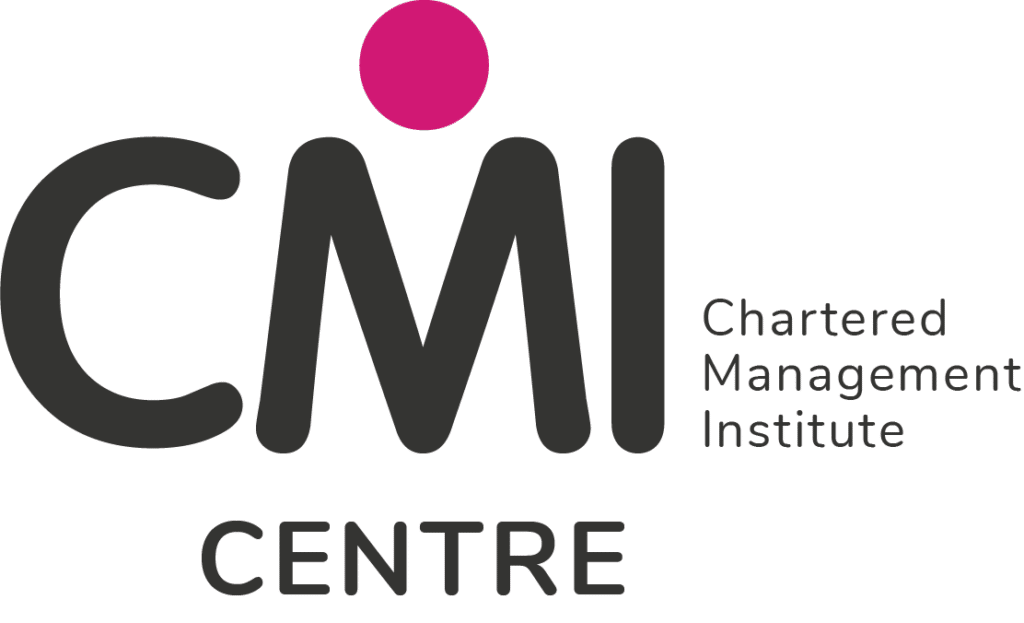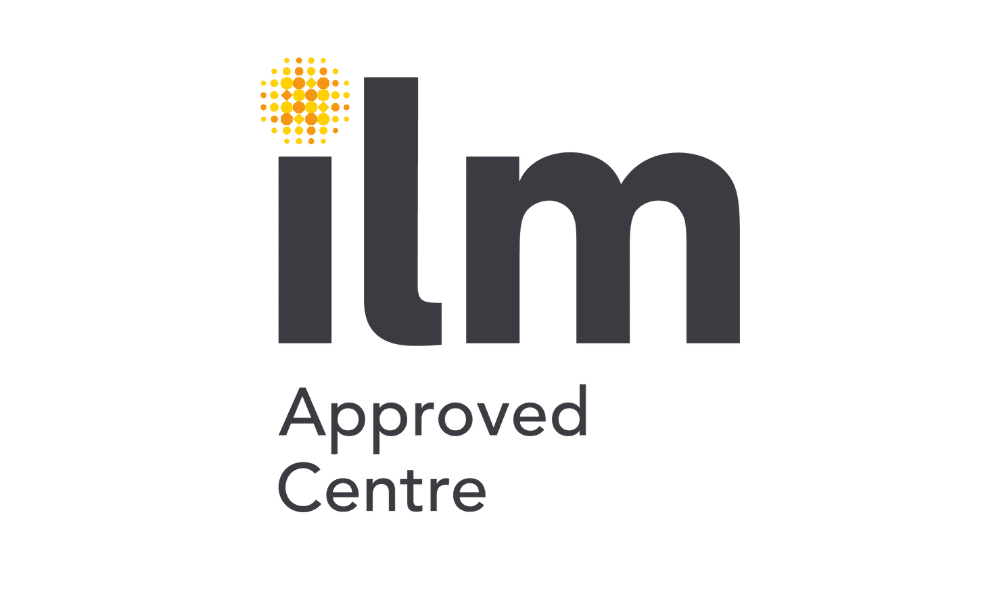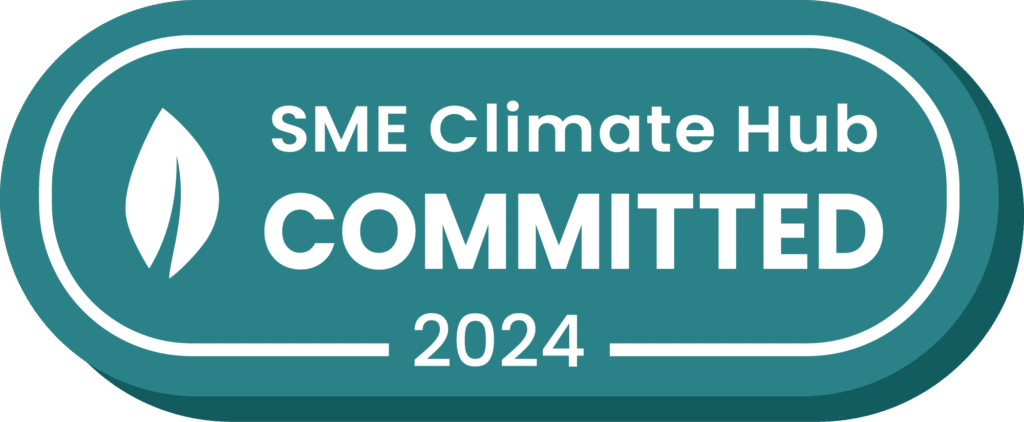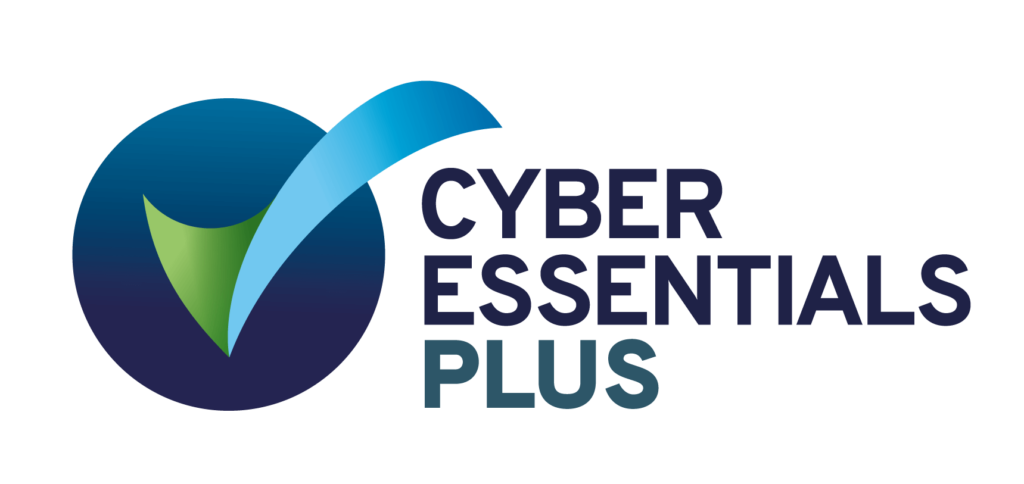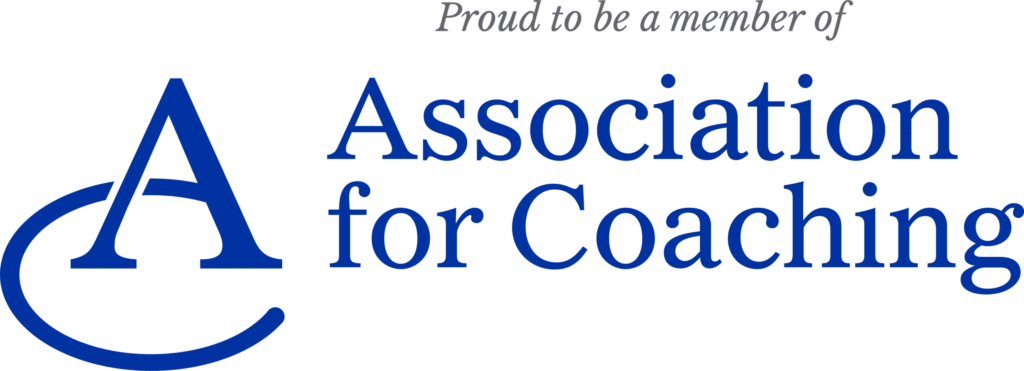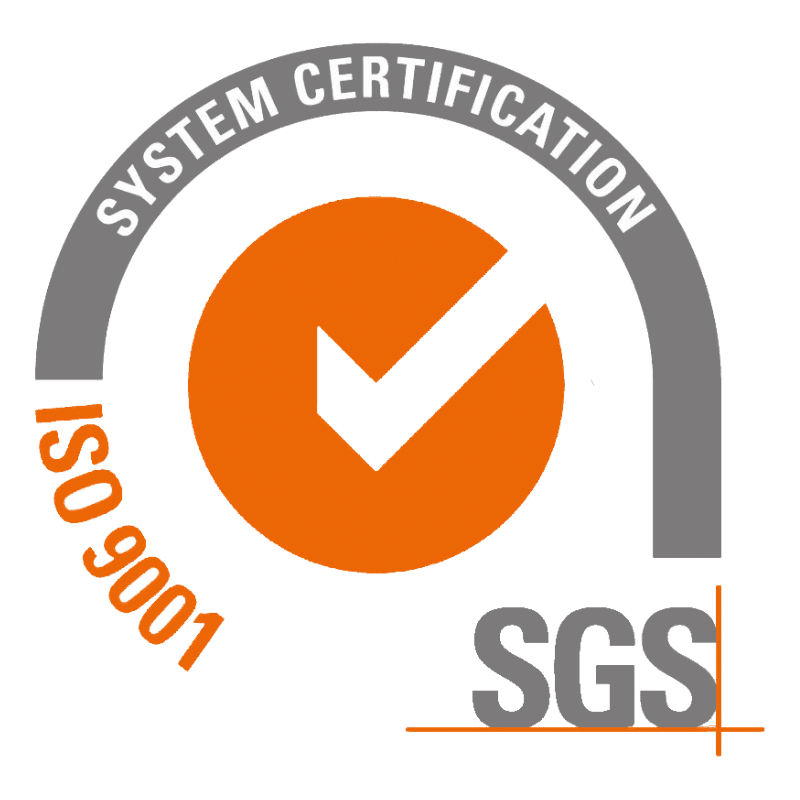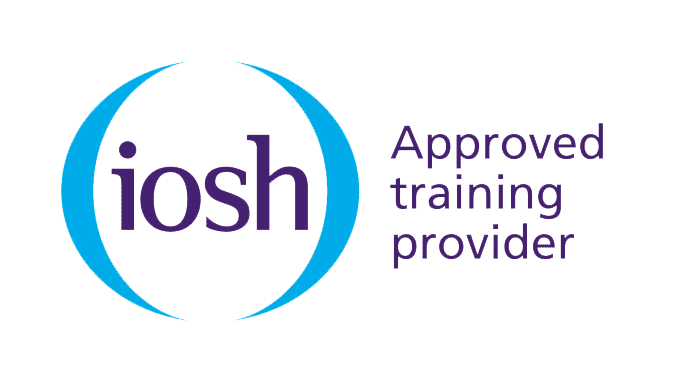The last 18 months have seen a coalescence of concerns: Brexit, Covid-19 and, with Net Zero targets picking up pace, sustainability and the health of the environment. This has been a genuine reset moment for many organisations as well as the wider global economy.
Research with corporate organisations has been undertaken into what factors have helped or hindered success during this time. It’s no great surprise that the capability of management and leadership has been found to be an inflection point for an organisation’s trajectory – both towards ensuring staff and customer engagement and achieving required performance and productivity outcomes.

Leadership is one of the defining issues for organisational success. Hence, leadership development is strategically important. It is only through the quality and development of leaders and the impact of their leadership action, that organisations create the capacity to learn, adapt, perform and grow.
The ability to deliver success requires the hard work of leaders at all levels, who must make countless decisions and display behaviours that support organisational values and deliver the required strategic direction.
Many people incorrectly assume that leadership is not for them; that it is a personality trait some people have and others do not. But becoming a leader is a process. It is proven to be a learnable skill that all can develop.
It’s common to follow a traditional development paths along their career journeys, with most focusing upon the development of their technical skills in order to be proficient in their work. Leadership, however, requires a completely different mindset. It goes beyond thinking within a chosen, or specific, role and profession.

People are used to approaching projects as a process incorporating many planned stages. Acquiring leadership skills can be treated in the same way.
Eliesha provides a diverse cross-section of organisations and professionals with essential insights into the development of a leadership mindset and associated behaviours. The same principles of leadership apply whether your organisation is a corporate or a small business taking first steps towards growth. We are used to working with organisations of varying sizes and complexities.
In planning training for your leaders, we hope the following insight from our experience is helpful.

It is beneficial if organisations have a clear purpose and defined values. Values can be simple, but they are highly effective in terms of how they can frame the thinking of managers and people, in relation to their work, decisions and conduct.

One thing that we encourage with customers is an ongoing conversation with their people around leadership. There is the need to recognise and reinforce the idea that leadership is not associated with, nor constrained by, a grade or level, but with actions and decisions that are driven by a clear set of organisational values. Leadership in action is more about a coaching style, motivating and inspiring others, rather than leveraging command and control, or managing transactional matters.

We consider an understanding of organisational coaching and associated skills to be important. Leaders should have a coaching approach in working with colleagues, as well as a coaching style of management. This helps staff to reflect, improve and gain more self-confidence. Coaching, together with influencing and motivation skills will help to drive positive impact on colleagues and on external customers.

Engaging with and gathering feedback from colleagues is also a key skill. Leaders must care about people, and show this care by listening to them and their challenges. If they sit down once or twice a year for an appraisal, this doesn’t demonstrate a caring approach, nor create the right continuous dialogue with people about their concerns and barriers, how to overcome them, how to make improvements, identify development needs and drive forward on performance.

Emotional intelligence in this context is another important development area. This is the ability to understand yourself and empathise with others: to know how to work with people in the right way and at the right time. The most effective leaders are rarely the most individually heroic. Rather, they are those who are good at reading others, the people who understand their colleagues and can see how to work with them to get the best from them. Modern challenges are more complex and this needs more collaborative leadership and collective approaches to decision making and problem solving.

The experience of the chaos, uncertainty and resulting from the Covid-19 pandemic has reinforced the importance of resilience for leaders. Resilience, particularly when things do not go according to plan, is an important quality for a leader to possess.
When reviewing development requirements in organisations that are struggling, usually barriers to successful progress can be pinned down to a failure of leadership and not always a collective failure. If the leadership mindset can be changed, it can help to transform the organisation.

At Eliesha, our interventions are informed by the knowledge and experience of successfully delivering more than 60,000 delegate interventions a year, all of which incorporate the good and best practice we have sourced from our collaborative learning partnership with professional bodies ILM and CMI.
In support of driving increased professional skills for manager and leaders, we deliver management and leadership and coaching qualifications and accreditations with both ILM and CMI up to Level 7.
In terms of our approach, we believe in working in learning partnership with every customer. We are not just a supplier working for you to deliver a service. We are working with you, in a professional and collaborative dialogue, to understand your context and successfully achieve a set of determined and required professional and business goals and outcomes.
To set up an exploratory chat around any leadership development needs, send an email to [email protected] and we will get straight back to you!
